If you’ve never experienced a Japanese sauna, totonou might sound like just another wellness buzzword.
But for many of us in Japan, it’s something much deeper—something physical, emotional, and almost spiritual.
I was born and raised in Japan, and like many Japanese people, I grew up around public baths and sento. But I didn’t try a proper sauna until 2021.
At first, I didn’t understand the hype.
But over time—thanks to friends, repeat visits, and eventually, stepping into specialized sauna-only facilities—I experienced a state I can only describe as totonou. A total reset of body and mind.
A floating, revolving, blanketed calm that felt… beyond words.
Here’s my journey—and what I’ve learned about one of Japan’s most unique healing rituals.
What Is Totonou?
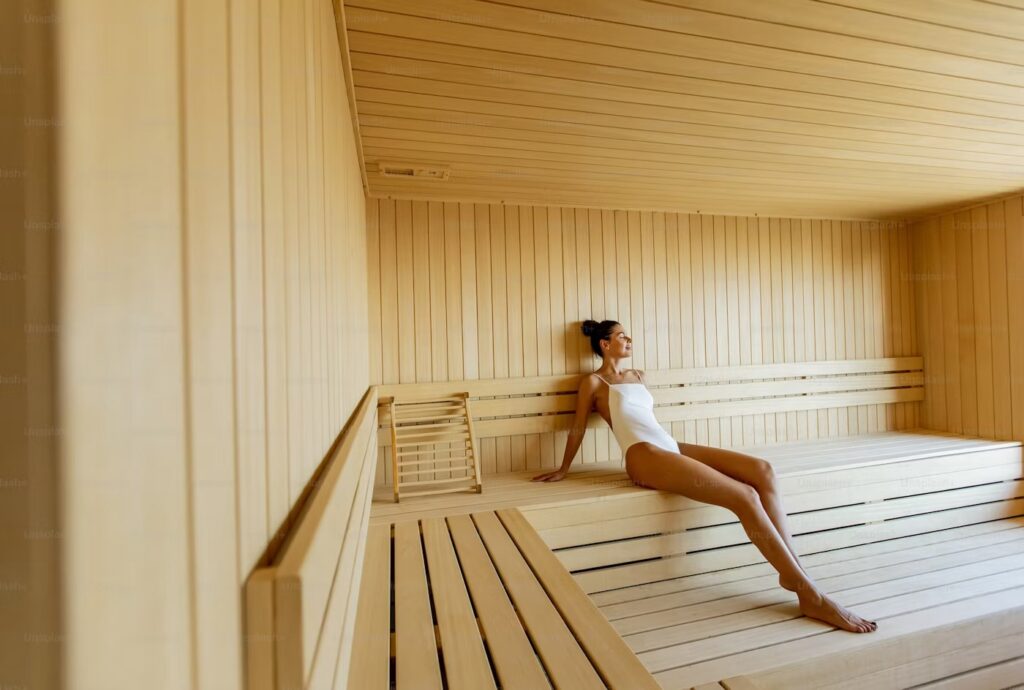
In Japanese, “ととのう” means “to be aligned,” “to be ordered,” or “to be settled.”
But in the context of sauna, it’s more than just a state of being. It’s a moment—a peak of sensory harmony—where your mind, body, and soul fall into a perfect rhythm.
It comes only after the full sauna cycle:
- High heat
- Cold water
- Resting phase (preferably in open air)
Done right, this cycle leads to a sensation people describe as:
- “Like floating”
- “Like being reborn”
- “Like a legal high—but from your own body”
My First Sauna Experience: It Started at a Gym
I still remember my first sauna experience. It was back in 2021, and I wasn’t even looking for a sauna—I went to a gym that happened to have one.
A couple of my close friends, real sauna enthusiasts, kept telling me how amazing sauna culture was in Japan.
They knew exactly how the process worked, how the temperature should feel, and how to time everything perfectly.
So, I gave it a try.
The sauna at the gym wasn’t ideal—it was a bit too dry, the temperature was inconsistent, and the space was small.
It wasn’t one of those well-maintained, specialized saunas Japan is now famous for.
But even in that environment, I felt something shift.
I was comfortable, even though I didn’t fully understand what I was supposed to feel.
That first experience didn’t lead to totonou—but it opened the door.
The Turning Point: My First Real Totonou
It wasn’t until I started visiting dedicated sauna spaces, like Rakko-chan and other specialty sauna-only facilities, that I truly understood what totonou was.
These places are built for the experience:
- 🔥 Perfectly maintained high-heat rooms (90–100°C)
- ❄️ Ice-cold plunge pools at just the right temperature
- 🍃 Open-air relaxation spaces designed for resting your body and emptying your mind
After a few cycles at one of these spots, I finally reached totonou. And it was unforgettable.
I sat down after the cold bath, closed my eyes, and I felt like I was floating—like my consciousness had detached from my body. My eyes were closed, but it felt like they were slowly revolving, as if I was floating in space.
Some people say it feels like a light high—like a mild, natural drug. And I get it. I don’t take any drugs, but I do drink sometimes, and this was something different. Something purely internal. A completely natural, powerful reset.
How to Totonou: The Standard 3-Step Sauna Cycle
To reach totonou, follow this rhythm:
1. 🔥 Heat (Sauna)
- 8–12 minutes
- Dry sauna at 90–100°C
- Let your heart rate rise slowly
2. ❄️ Cold (Mizu-buro)
- 30 seconds to 2 minutes
- Water must be under 17°C
- Full body immersion recommended
3. 🌬️ Rest (Gaikiyoku)
- 5–10 minutes
- Sit or lie down near fresh air
- Close your eyes, focus on breathing
Repeat this cycle 2–3 times.
After the second or third cycle, totonou usually arrives like a soft wave. You don’t force it—it just happens.
What Totonou Feels Like (In My Words)
Even now, I find it hard to explain. But I’ll try:
- Your mind empties.
- Your body feels feather-light.
- Everything slows down.
- You forget all your stress—even your name sometimes.
- You feel like you’re part of nature.
Afterward, I sleep deeper. I feel cleaner. My emotions soften. The noise inside my head goes away. It’s like hitting reset on life.
The After-Effect: What Totonou Leaves Behind
After that first totonou, I slept better than I had in months.
I felt like every bit of tension had melted away. No stress, no heavy thoughts—just deep relaxation. A kind of clean slate. You forget the tiredness, the noise of your day, and even your inner chatter.
Some people go to saunas for health, for circulation, for muscle recovery. But for me—and for many of us in Japan—it’s become a ritual for the soul.
Why Totonou Matters in Japanese Culture
In a country known for quiet discipline, long work hours, and packed trains, totonou has become something sacred. It’s a safe space where you can let go.
You don’t have to talk. You don’t have to perform. You just sit in heat, shock your body cold, and then do nothing—absolutely nothing—and let your body do the healing.
This simplicity is powerful. That’s why Japanese sauna culture is growing fast—especially with younger generations.
Tips for Your First Totonou Experience
If you’re planning your first sauna trip in Japan, here are a few tips from my own journey:
- 💧 Hydrate before and after. You’ll sweat more than you think.
- 🕒 Don’t overstay in the sauna—8–12 minutes is enough.
- ❄️ The cold plunge may shock you, but breathe through it.
- 🍃 The gaikiyoku (outdoor rest) is where the magic happens—don’t skip it.
- 🔁 Do 3 full cycles for the best chance to totonou.
Final Thoughts: Why I Keep Going Back
Once you totonou, you’ll never see saunas the same way again. It’s not about sweating. It’s not about detoxing. It’s about reconnecting with your own body—and stepping out feeling reborn.
Even now, years after that first gym sauna, I keep going. Not just to relax, but to reset. I can face my work, my stress, my life better after I’ve realigned myself from the inside out.
If you ever visit Japan, please—try it for yourself.
You won’t just relax. You’ll totonou.
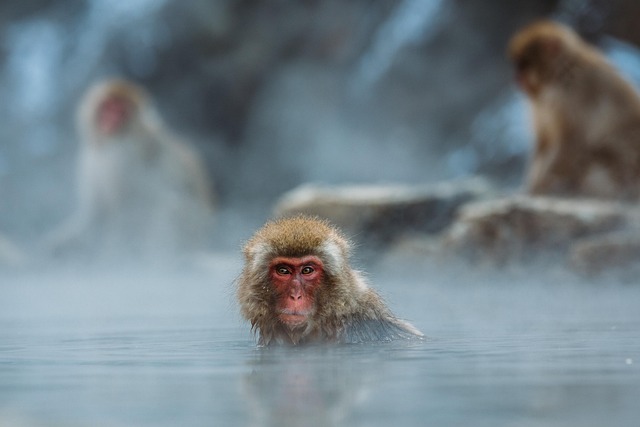
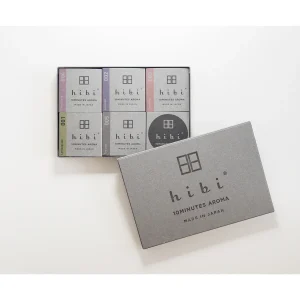

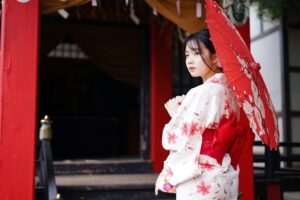

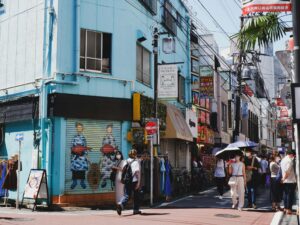

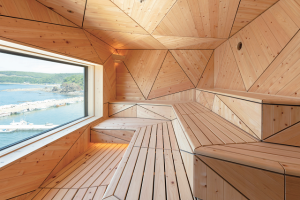
Comments